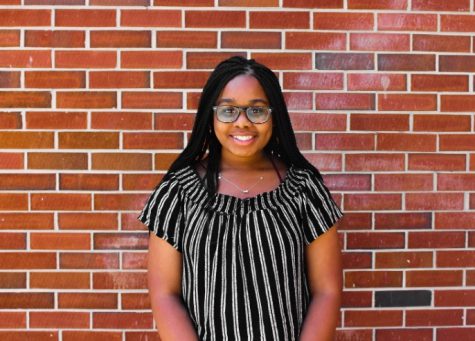Nappily Ever After: Changing the world one head at a time
Natural hair holds a symbolic significance through its generally unknown history. The highly anticipated movie, Nappily Ever After, inspires women of color to embrace and love their curls.
October 4, 2018
Netflix’s original movie Nappily Ever After, which debuted on September 21, provided a glimpse into the life of African-American women’s emotional attachment to their hair and the struggles they face. Directed by Halle Berry and Marc E. Platt, the movie recreates the book Nappily Ever After by Trisha R. Thomas, and features Violet Jones, a confident African-American businesswoman played by Sanaa Lathan.
The importance and symbolism of hair, placed by black women trace back to history as braid patterns used helped slaves to escape. The braids relayed messages with roads needed to escape, and women would also use their braids to carry gold and seeds for their survival. The hair of black women remains significant for its use of communicating pride and freedom from oppression.
“Black hair is strong enough to hold this message,” Afro-Colombian native Asprilla Garcia said.
Lathan uses her character to portray the influence of hair on the life of women of color. Jones grew up constantly straightening her hair, but throughout the movie, she develops as a character and learns to love and embrace her natural hair.
Jones possibly alludes to the biblical character Samson whose hair symbolizes his sign of strength and when cut, his strength disappears. It eventually returns, despite his cut hair, revealing that his power lies not in his hair but within himself.
The scene of Jones cutting her hair depicts the birth of her new persona. The movie represents the emergence of the natural hair movement as the change in character leads to her aiming to change the societal standards of women by teaching women to embrace their physical characteristics.
Violet’s attitude toward life shifted from dependence on a man when she and her boyfriend split up. In the end, Lathan’s character certainly obtained the ability to develop without the presence of a man. Nappily Ever After displays the struggles of women in a predominantly patriarchal society and recognizes the rights of independence for women.
The Chant’s Grade: A-




